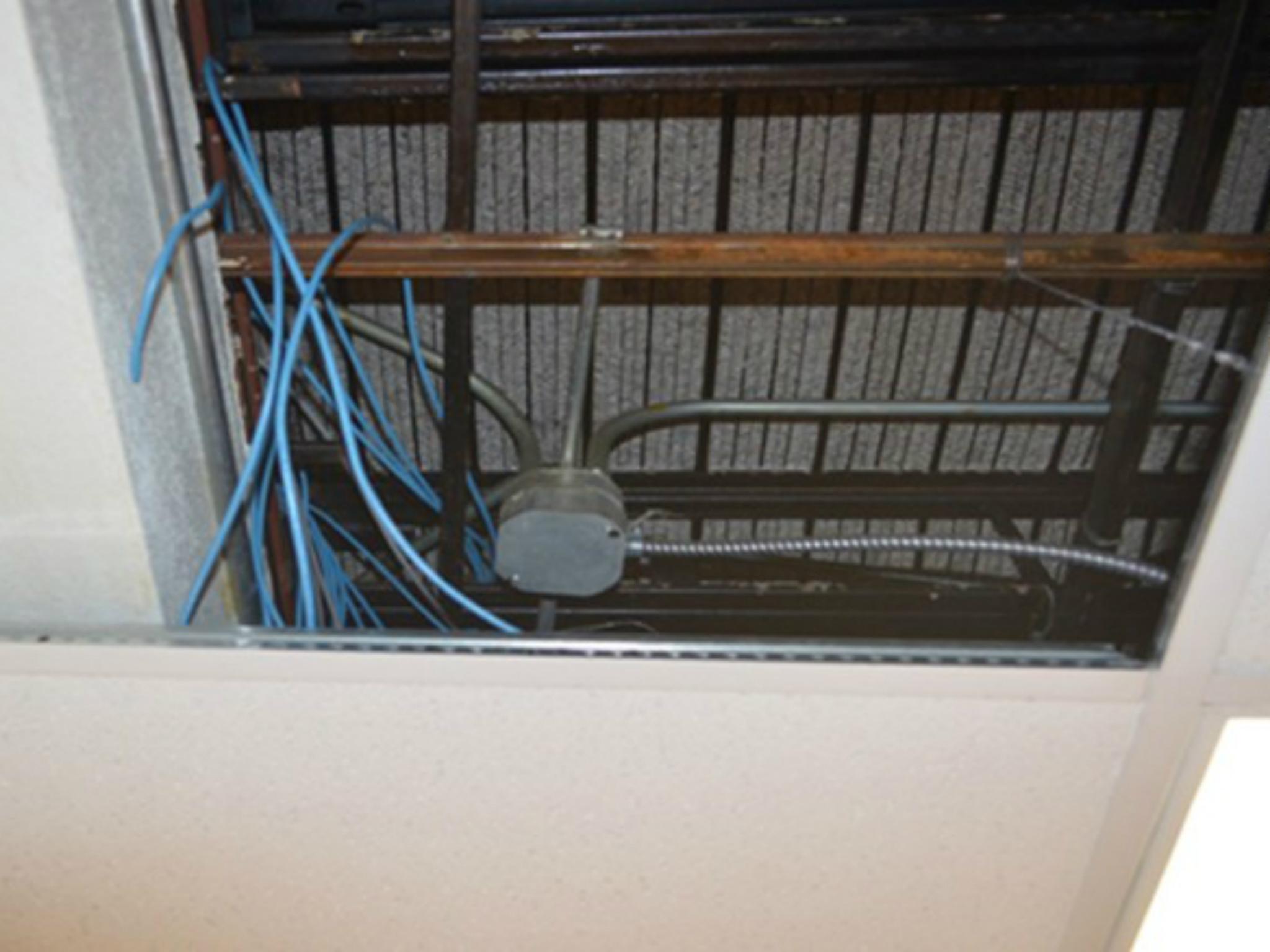Inmates secretly built computers to commit more crimes from inside US prison
'It is of critical importance that we provide necessary safeguards in regards to the use of technology'

Your support helps us to tell the story
From reproductive rights to climate change to Big Tech, The Independent is on the ground when the story is developing. Whether it's investigating the financials of Elon Musk's pro-Trump PAC or producing our latest documentary, 'The A Word', which shines a light on the American women fighting for reproductive rights, we know how important it is to parse out the facts from the messaging.
At such a critical moment in US history, we need reporters on the ground. Your donation allows us to keep sending journalists to speak to both sides of the story.
The Independent is trusted by Americans across the entire political spectrum. And unlike many other quality news outlets, we choose not to lock Americans out of our reporting and analysis with paywalls. We believe quality journalism should be available to everyone, paid for by those who can afford it.
Your support makes all the difference.Poor security allowed inmates at a prison in the US to secretly build their own computers, an investigation has found.
Prisoners at Marion Correctional Institution in Ohio used digital skills workshops and computer recycling schemes to steal parts and create their own devices from them.
The prison’s security staff only realised what was going on when the IT department received an alert about a computer on the Ohio Department of Rehabilitation and Correction’s network exceeding its daily internet usage limit.
They then found that the computer being used was also logged in to an absent member of staff’s account.
Investigators discovered the DIY computers in a ceiling in July 2015.
The computers had been used to commit tax fraud, apply for credit cards using another inmate’s information, access pornography and research drugs.
They had also been used to create fake security clearance badges.
“Inmates were allowed unsupervised access to computers and computer parts,” reads a report released this week.
“Inmates were allowed unsupervised access to vast areas of the institution, and unsupervised time to build, transport, run computer cables, and hide the computers in the ceiling.”
Five inmates were found to have been involved in the scheme.
“We appreciate the time the Inspector General’s office has taken to conduct these investigations and we have already taken steps to address some areas of concern,” the Ohio Department of Rehabilitation and Correction told WSYX.
“It is of critical importance that we provide necessary safeguards in regards to the use of technology while still providing opportunities for offenders to participate in meaningful and rehabilitative programming.”
Join our commenting forum
Join thought-provoking conversations, follow other Independent readers and see their replies
Comments